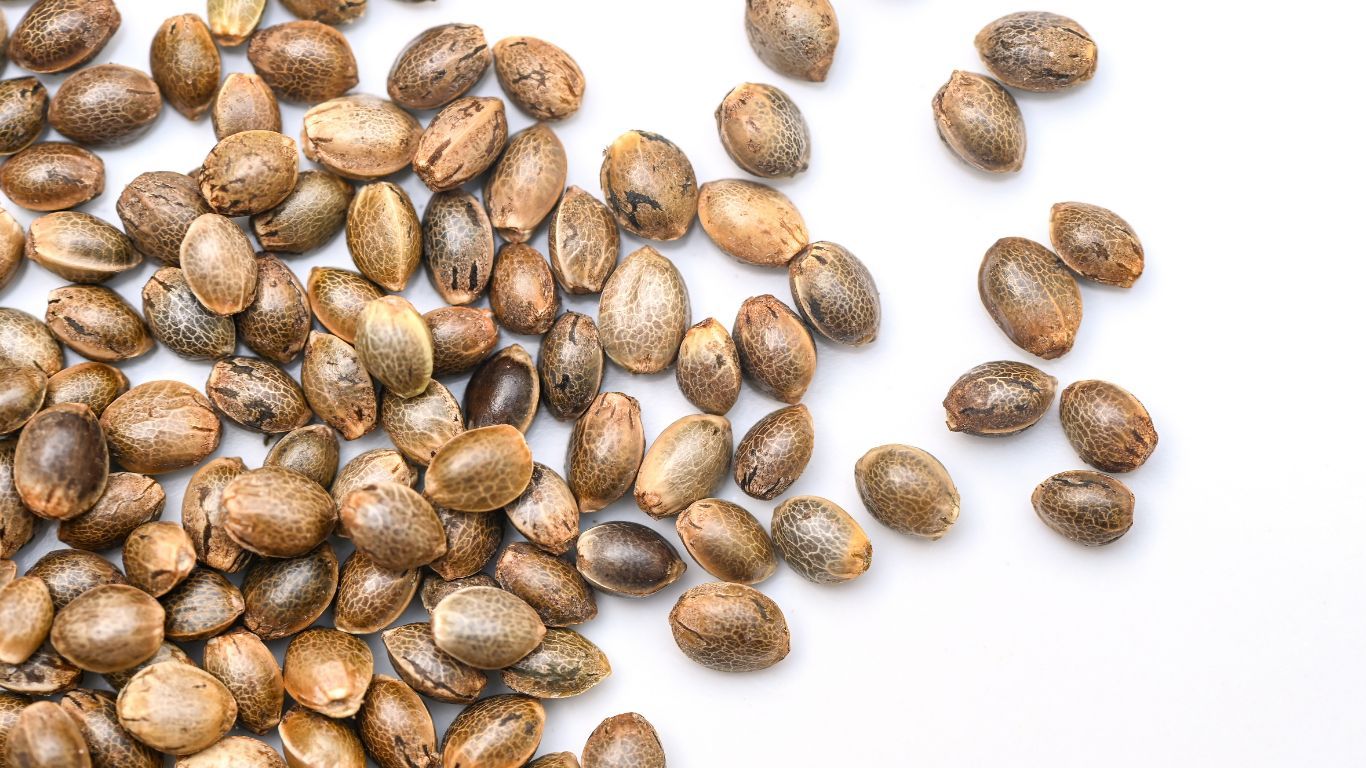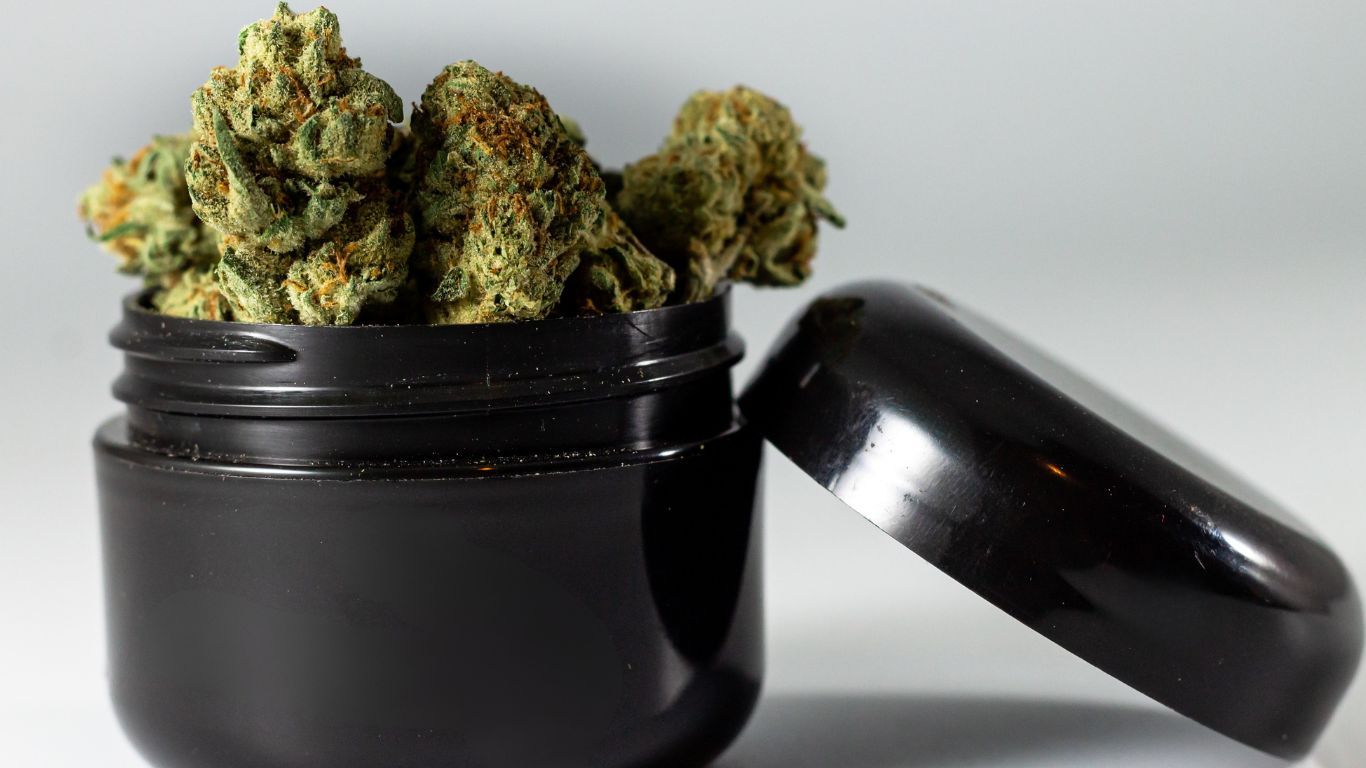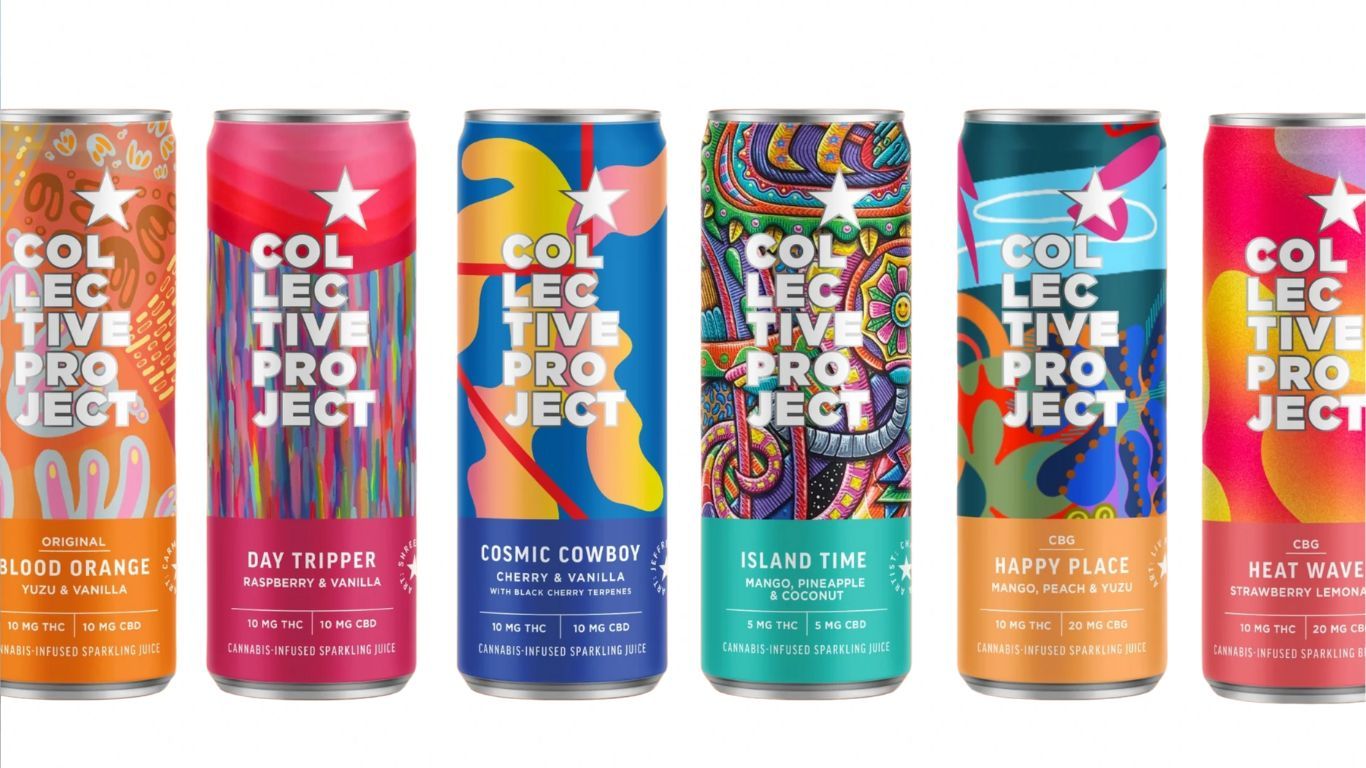
Health Canada will soon begin granting sales licences to all micro and standard processing during the initial licensing process, without the need to submit a sales amendment application.
The change will begin on April 19, as part of ongoing efforts from the federal regulator to improve the cannabis program in Canada.
The changes will mean that existing licences that do not currently authorize the sale of dried and fresh cannabis products will be reissued with amended conditions within the next 90 days. Those licence holders already in the queue for a sales amendment will be prioritized.
Once their licence has been amended, and 60 days have passed after submitting a Notification of New Cannabis Product (NNCP) for any dried or fresh cannabis product, licence holders will be able to sell those products into provincial markets, pending local approval.
A notice sent to licence holders notes this decision is based on a “lower risk associated with producing dried and fresh cannabis products”. No changes are being made to the regulatory requirements and all licence holders must still ensure that all cannabis produced and sold meets the requirements of the Cannabis Regulations.
…with Ontario and BC opening up for direct delivery, this will make a huge difference. I can now package it up and have it in a retailer’s hand shortly after curing.
Kieley Beaudry, Parkland Flower
The goal is to reduce the regulatory burden on licence holders and allow them to get products more quickly to market, says the memo.
This represents a significant change for the industry, as the application process for a sales licence amendment can take several months. Although the 60-day notice will remain in place, the removal of the application process should really speed things up for licence holders, says Kieley Beaudry, CEO of Parkland Flower, an Alberta-based micro producer and the president of the Alberta Cannabis Micro Licence Association.
“I think this is excellent. It’s excellent for the industry and a move in the right direction. This is huge!”
Beaudry says she thinks it could also tie in well with emerging farmgate and direct sales models in provinces like Ontario and British Columbia.
“I think it opens it up for micros who had the intention of doing farmgate sales, it gives them the ability to do that. And, with Ontario and BC opening up for direct delivery, this will make a huge difference. I can now package it up and have it in a retailer’s hand shortly after curing.”
She says she also understands why Health Canada is limiting these changes only to dried and fresh cannabis, given the extra regulatory requirements of additionally-processed products like extracts, edibles and topics.
While this is still a big step forward, Beudrey notes that more changes are still needed, especially at the provincial end when it comes to selling products in those markets, especially when it comes to insurance requirements.
So this is a breath of life for some, but we can’t pretend that the provincial distribution space isn’t complicated in its own right.
George Smitherman, Cannabis Council of Canada
George Smitherman, president and CEO of the Cannabis Council of Canada, an industry organization representing several licenced cannabis producers, raises similar concerns.
“This would seem to be a big breakthrough for especially the fledgling licence holders in our space,” he says.
“What we’ve been looking at is some of the constraints further up the supply chain for licence holders with access to provincial markets and taking a deeper dive at some of the recall insurance requirements, which are a significant impediment for smaller players trying to crack the provincial distribution space.
“So this is a breath of life for some, but we can’t pretend that the provincial distribution space isn’t complicated in its own right.”











